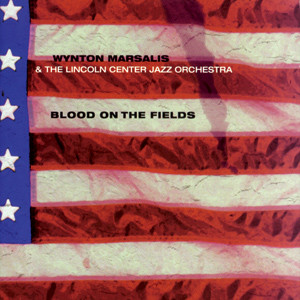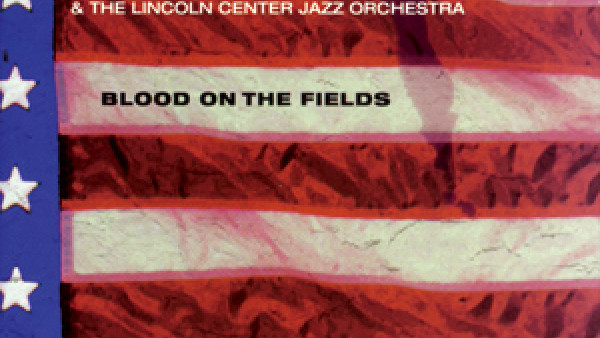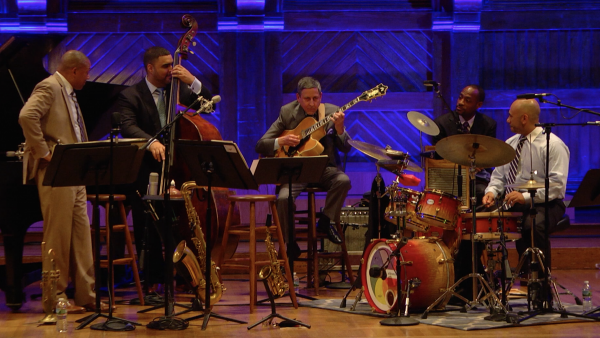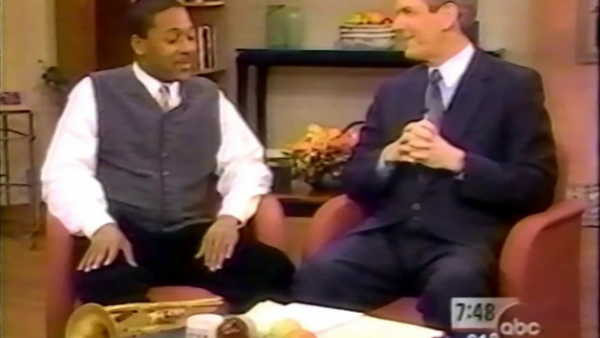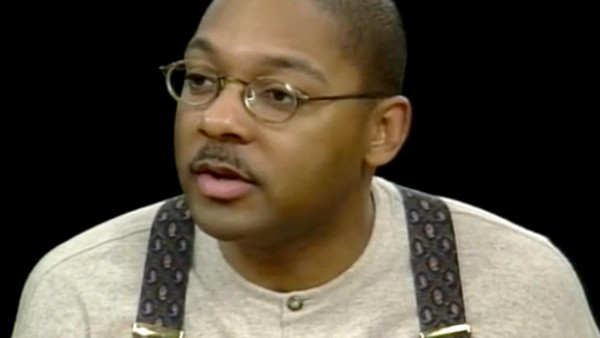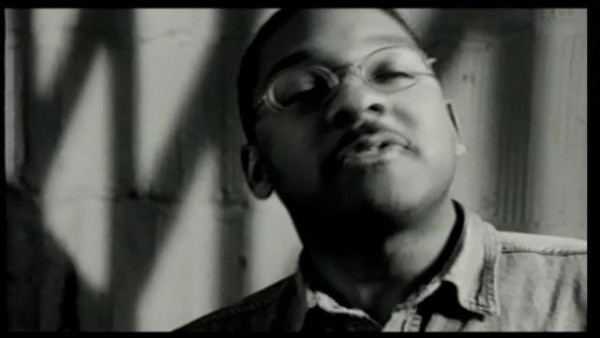Pulitzer Prizes Hit a New Note
Jazz got a Pulitzer for the first time yesterday when Wynton Marsalis got the prize for “Blood on the Fields,” an oratorio that follows the agonizing journey of two slaves, Jesse and Leona, from capture and the terror of the Middle Passage to their sale in a New Orleans marketplace and into the hardships of plantation life.
“The fact that an award normally given to people in classical music goes to a jazz musician after all these years of all the musicians writing all of their jazz, that this was worthy of being recognized, that’s a sign of progress,” Marsalis said from his home in New York.
Steven Millhauser, a novelist who has labored in deepest obscurity for a quarter-century, won the fiction award for “Martin Dressler: The Tale of an American Dreamer.” Frank McCourt, a retired high school teacher who burst on the scene last year at the age of 66 with a hugely popular and highly praised story of his Irish childhood, “Angela’s Ashes,” won in the biography category.
Jack N. Rakove won the history prize for “Original Meanings: Politics and Ideas in the Making of the Constitution,” while Richard Kluger took the award in general nonfiction for “Ashes to Ashes: America’s Hundred-Year Cigarette War, the Public Health, and the Unabashed Triumph of Philip Morris.” Lisel Mueller won in poetry for “Alive Together: New and Selected Poems.”
Underlining the crisis in American theater, there was no Pulitzer in the drama category for the first time in a decade. Three finalists were passed over: “The Last Night of Ballyhoo” by previous Pulitzer winner Alfred Uhry, “Pride’s Crossing” by Tina Howe and “Collected Stories” by Donald Margulies.
All the Pulitzer winners get $5,000 and the assurance of a respectful obituary. But with the fiction award, in particular, it can mean something more: a shot at a sizable readership. In Millhauser’s case, it will probably bring his five out-of-print books back into circulation.
That’s his deepest and only wish. A shy guy, he’s not eager for the rest of the hoopla that a Pulitzer inevitably supplies. He certainly didn’t expect yesterday’s news. He was in the middle of his writing class at Skidmore College in Upstate New York when the head of the English department burst in with a note.
Bad news, Millhauser, 53, thought. It’s inconceivable that she would interrupt me for any reason. There’s something wrong in my family.
The note said to call a reporter at the local paper “re: Pulitzer.”
It’s a mistake, an error, thought the author. I’ll figure it out after class.
“It’s still an error, I think,” he said yesterday evening. “I don’t win prizes.” Last fall, explaining in advance why he wouldn’t win a National Book Award or any other prize, Millhauser said, “Books that win awards are about love. I write about failure, and failure is not a prize-winning thing in America.”
He’s won a lot of praise, though. Washington Post book critic Jonathan Yardley called “Martin Dressler,” the tale of a turn-of-the-century hotel magnate, “in some respects the finest novel yet by one of our most interesting, original writers.” The book sold about 14,000 copies, which is modest.
Millhauser’s phone had been ringing incessantly, but he was determined to ignore it as much as possible. “I’ll survive this so long as I don’t have to participate in it.”
And with that, he headed home to dinner. Was his wife making something special?
“I should make something special for her. She has to endure the phone calls.”
In the autobiography-biography category, the latter almost always dominates. Before McCourt, only two memoirs had won in 25 years: columnist Russell Baker in 1983 and Vietnam veteran Lewis Puller in 1992. But McCourt is on a streak. “Angela’s Ashes” has 661,000 copies in print, and the autobiography has been ecstatically reviewed. Last month it picked up a National Book Critics Circle award.
“I keep thinking of something that the poet Yeats said: In moments of great joy we’re comforted by the knowledge that tragedy lurks around the corner,’ “ McCourt said from a hotel in Cambridge, Mass., where he was due to give a reading. The last two years, he conceded, have been “very disturbing. One positive thing after another.”
Luckily, his wife Ellen said, “he’s the same sweet self — a little bewildered and overwhelmed. It’s the Irish way, waiting for the other shoe to drop. In his case, it would have to be a big boot.”
McCourt wrote the book in about a year, he recalled, but it had taken a couple of decades to get ready. “In the summer of 1967, I was in Florida for a whole summer and I wrote reams and reams. I was going through my James Joyce, Faulkner and Hemingway periods. I eventually found my own voice by looking at my granddaughter — how straightforward she was, and how unadorned and unsentimental.”
He also took his own advice: “As a teacher, I was always preaching clarity and simplicity in writing. So I began to listen to myself.”
At 35, Marsalis is one of the youngest arts winners ever. The musician singled out both Lincoln Center, which commissioned the oratorio for big band and voices and is where the Marsalis-spawned jazz program became a full constituent member in 1995, and Rob Gibson, director of Jazz at Lincoln Center.
“I feel grateful that I had the opportunity to write Blood on the Fields,’ “ Marsalis noted. “Without Lincoln Center I wouldn’t have had access to a big band. And Rob’s the one who would always say, Write more music, man, write more music.’ “
Marsalis and the Lincoln Center Jazz Orchestra recently completed a national tour of “Blood on the Fields,” which received rave notices during its February stopover at the Warner Theatre. A three-CD set of the 2 1/2-hour work should be out this summer. While Marsalis’s Pulitzer was a first for jazz, the 1965 music jury unanimously recommended to that year’s board a special prize for Duke Ellington for “the vitality and originality of his total productivity” over four decades. The Pulitzer board, however, rejected the notion, and a scandal erupted.
“Fate is being kind to me,” Ellington said graciously. “Fate doesn’t want me to be famous too young.” He was 66 at the time.
by David Streitfeld
Source: The Washington Post

